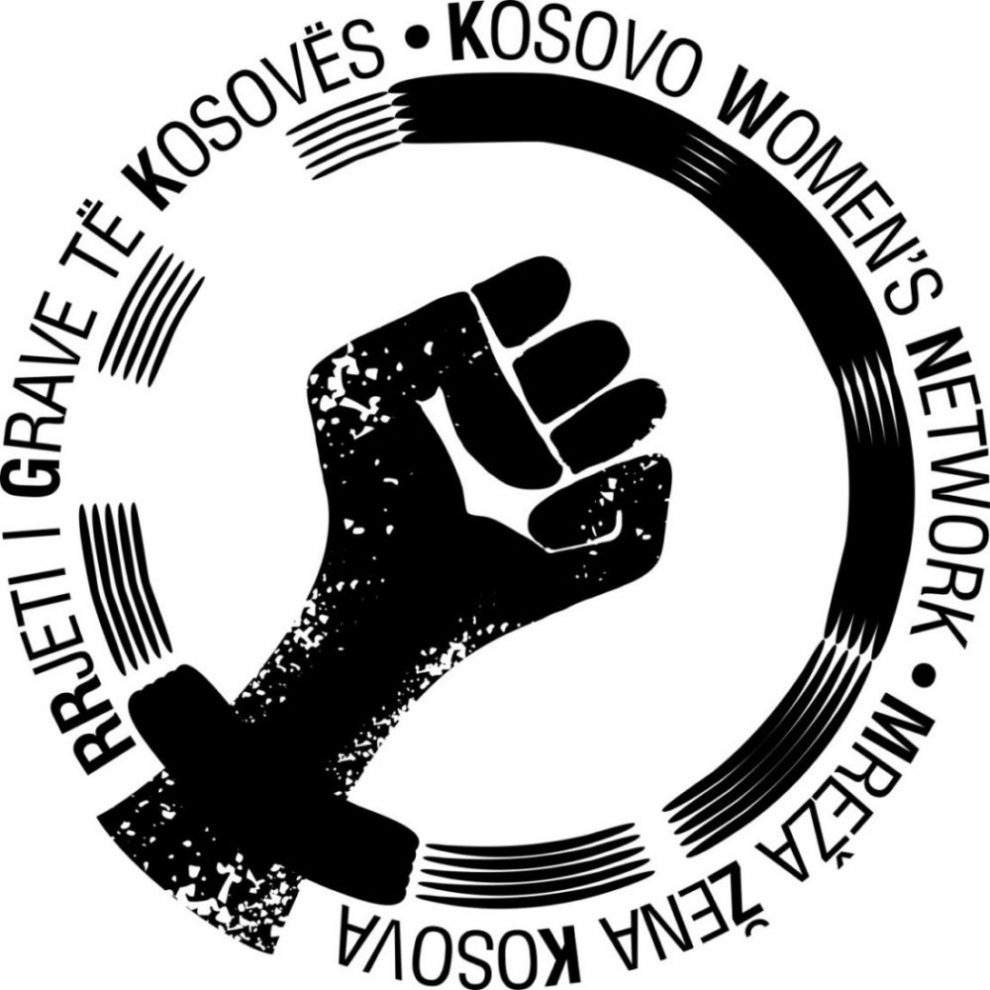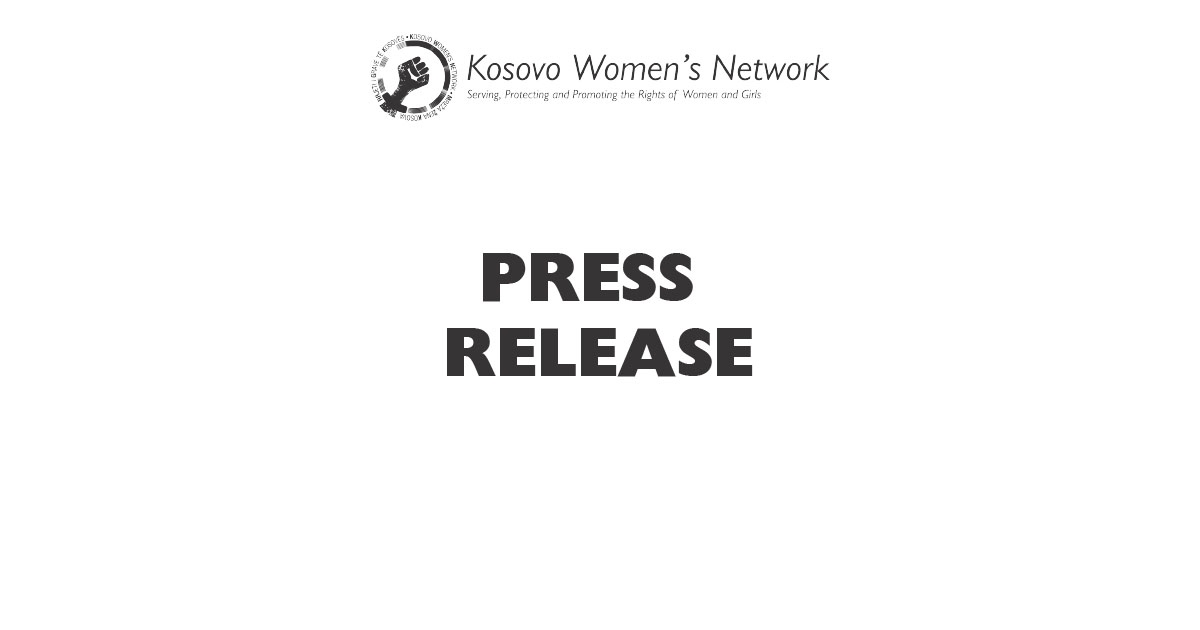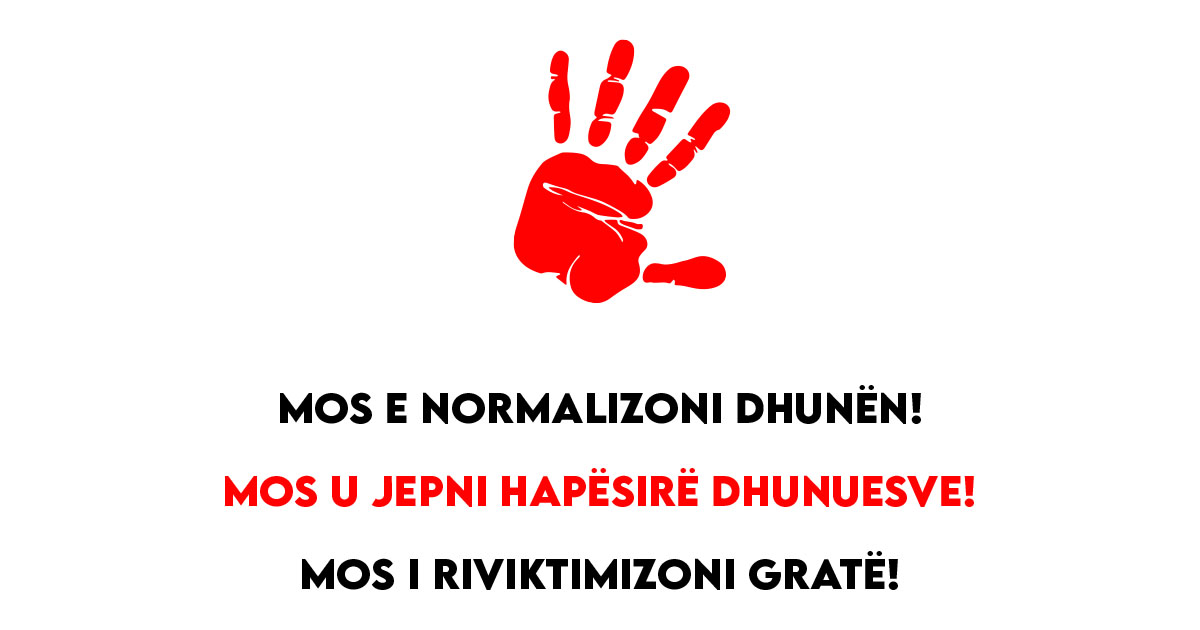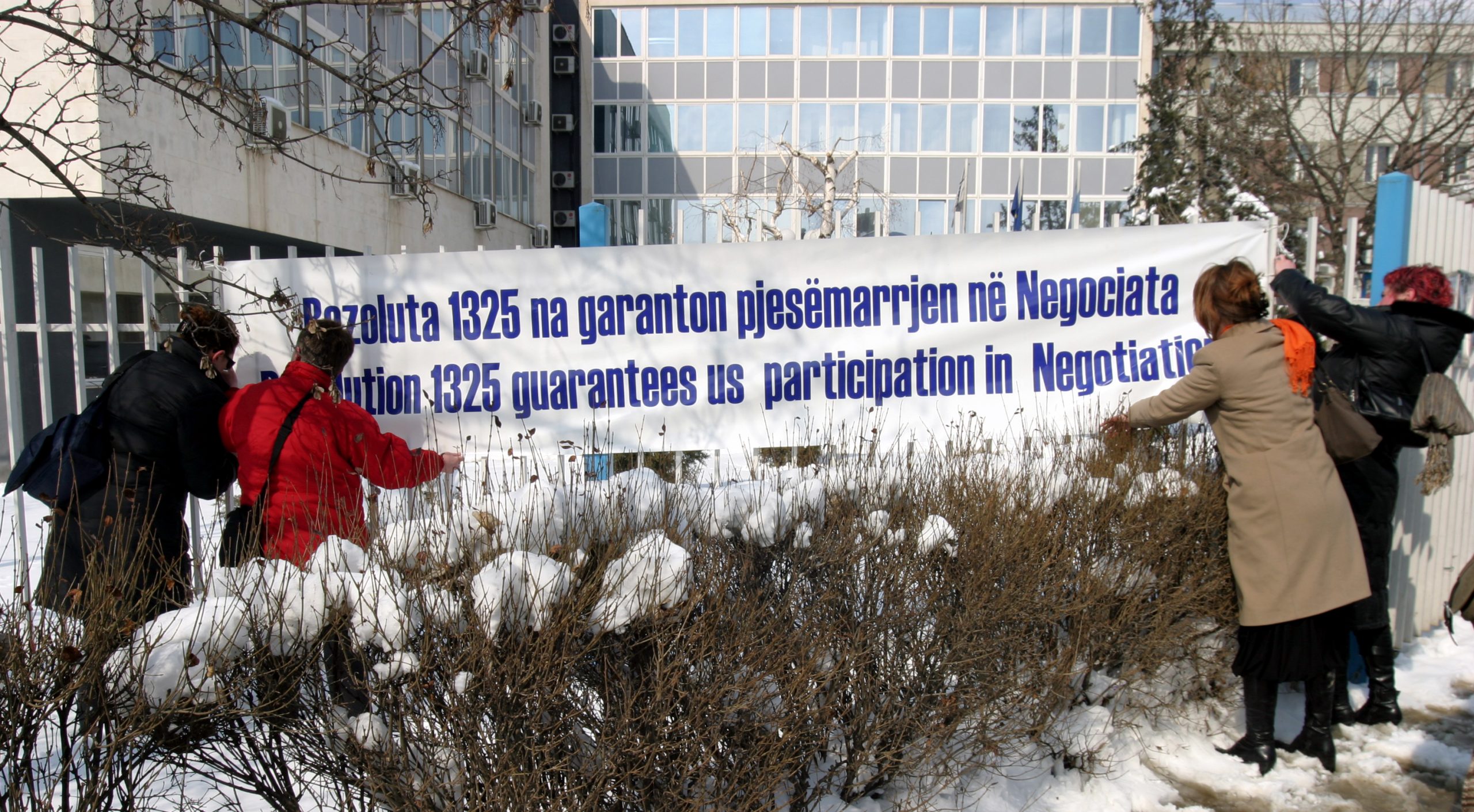The parliamentary elections of February 14, 2021 brought change and hope for the participation and representation of women in politics and decision-making processes.
Compared to the previous elections (2019), the representation of women in the Assembly of Kosovo has increased by five seats. Out of a total of 120 seats, there will be 44 female deputies (36.6%), whilst in the previous legislature there were 39 female deputies (32.5%).
During this election, more women were elected without quota rather than with it. According to the results published by the Central Election Commission, only 11 out of 44 female deputies required quota to secure a seat, whilst 33 women won without the gender quota.
This is not the only obstacle that women broke through in this elections. They achieved this representation despite that they were underrepresented on the electoral list of political parties. No political party during this time, implemented the Law on Gender Equality (LGE), which requires 30% of the electoral lists be women candidates.
Women also were not equally represented during television debates or campaigns. Despite this, four out of the top ten most voted candidates were women. In previous elections, there were only two women in the top ten. The voice of women became even stronger this election period, as over 60% of women in Kosovo participated in voting, and that a woman became the most voted person in history since the declaring independence in 2008.
This is a victory for the women’s movement in Kosovo, proving that the vote of the citizens for women is going to bring positive and much-needed change. This feminist movement has been supported and strengthened for more than 15 years by civil society organizations working for women’s rights, including Kosovo Women’s Network (KWN) and the Kosovo Lobby for Gender Equality (Lobby), among others.
Zana Hoxha, Executive Director of Artpolis and member of KWN Board, says “in fact, this is a historic victory for KWN and the women’s movement in Kosovo. It is the most accurate indicator of decades of effort toward advocating for the vote by women for women to bring about change”.
“At the same time, this situation can help political parties reflect on the fact that gender equality is not simply a“women’s issue”, but a matter for the whole society”, added Ariana Qosaj-Mustafa, the Chairwoman of KWN Board.
As long as we are witnesses of women’s political empowerment in Kosovo society, KWN will continue its efforts to increase women’s participation in politics and decision-making. It will demand accountability and transparency for policies that impact the well-being and rights of women from both the elected and new government.





